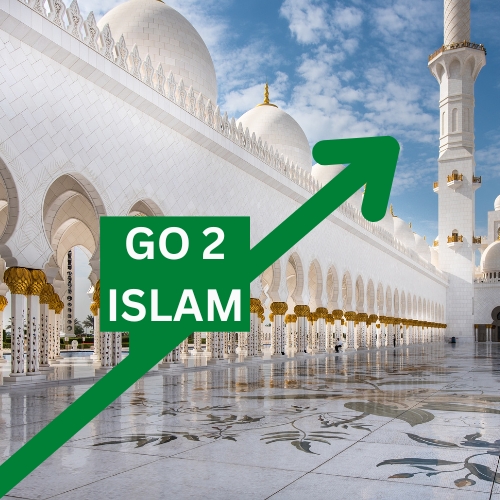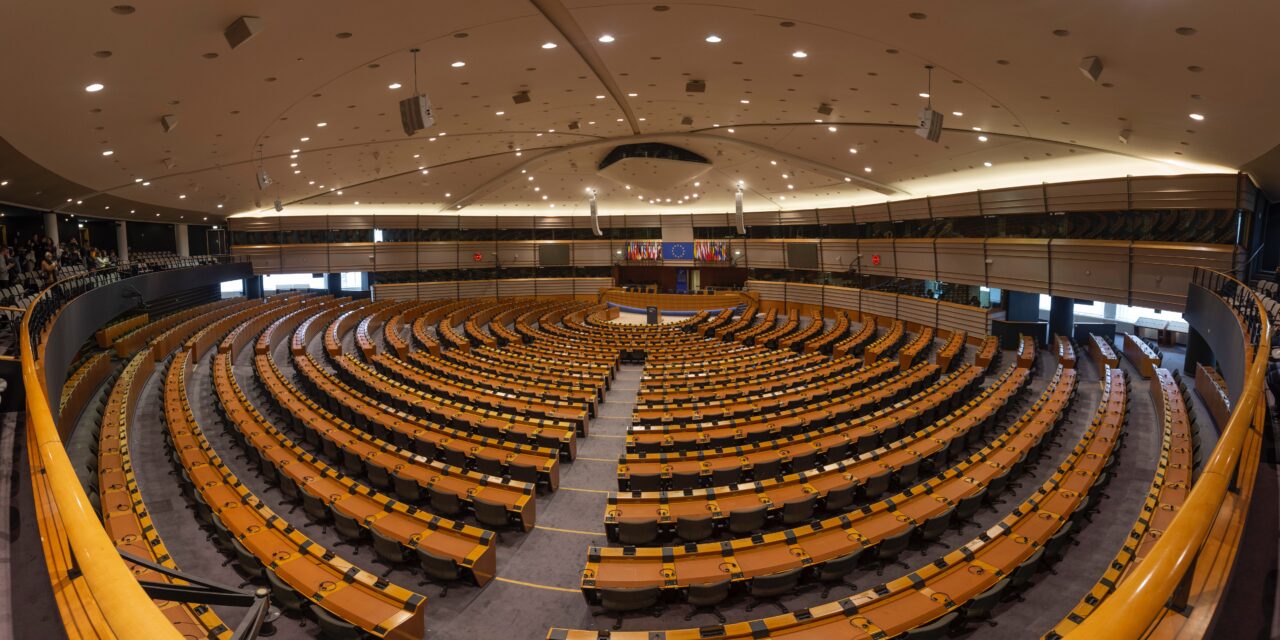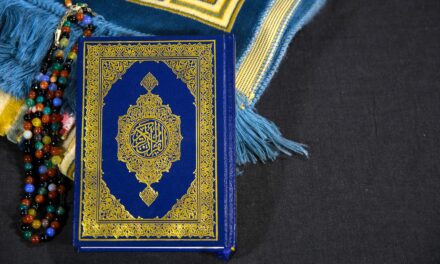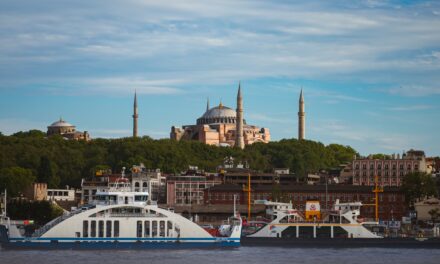In Islam, the relationship between religion and politics is often intertwined. Islam is not just a religion but a comprehensive way of life, and politics is a crucial aspect of life. Therefore, politics and religion cannot be separated in Islam. The Quran and the Hadith provide guidance for Muslim leaders, and the principles of justice and fairness are emphasized in Islamic teachings.
In Islam, the concept of governance is based on the principles of Shura, consultation, and accountability. The Prophet Muhammad (peace be upon him) consulted with his companions and sought their advice in matters of governance. He also established the first Islamic state in Medina, where he served as both a religious and political leader. The Quran also emphasizes the importance of just and fair governance and warns against corruption and tyranny.
Islamic political philosophy is based on the idea of khilafah, which means the representation of God on earth. This concept implies that political leaders should rule according to the principles of justice, equality, and fairness. The Quran states that “We have sent our messengers with clear signs and sent down with them the Book and the Balance so that people may establish justice” (57:25). The Hadith also contains numerous examples of the Prophet Muhammad (peace be upon him) promoting justice and fairness in governance.
Islamic law, or Shariah, also plays an important role in the relationship between religion and politics. Shariah is based on the Quran and the Hadith and provides guidance on all aspects of life, including politics. Shariah emphasizes the importance of justice and fairness in governance and provides guidelines for the conduct of rulers and citizens. Shariah also outlines the rights and responsibilities of rulers and citizens and promotes social justice and equality.
In Islamic tradition, religion and politics are intertwined, and the relationship between them is one of the most important and complex aspects of Islamic civilization. Islam is not just a religion, but also a comprehensive way of life that provides guidance for both spiritual and worldly matters. As such, it has a direct impact on the political and social organization of Muslim societies.



